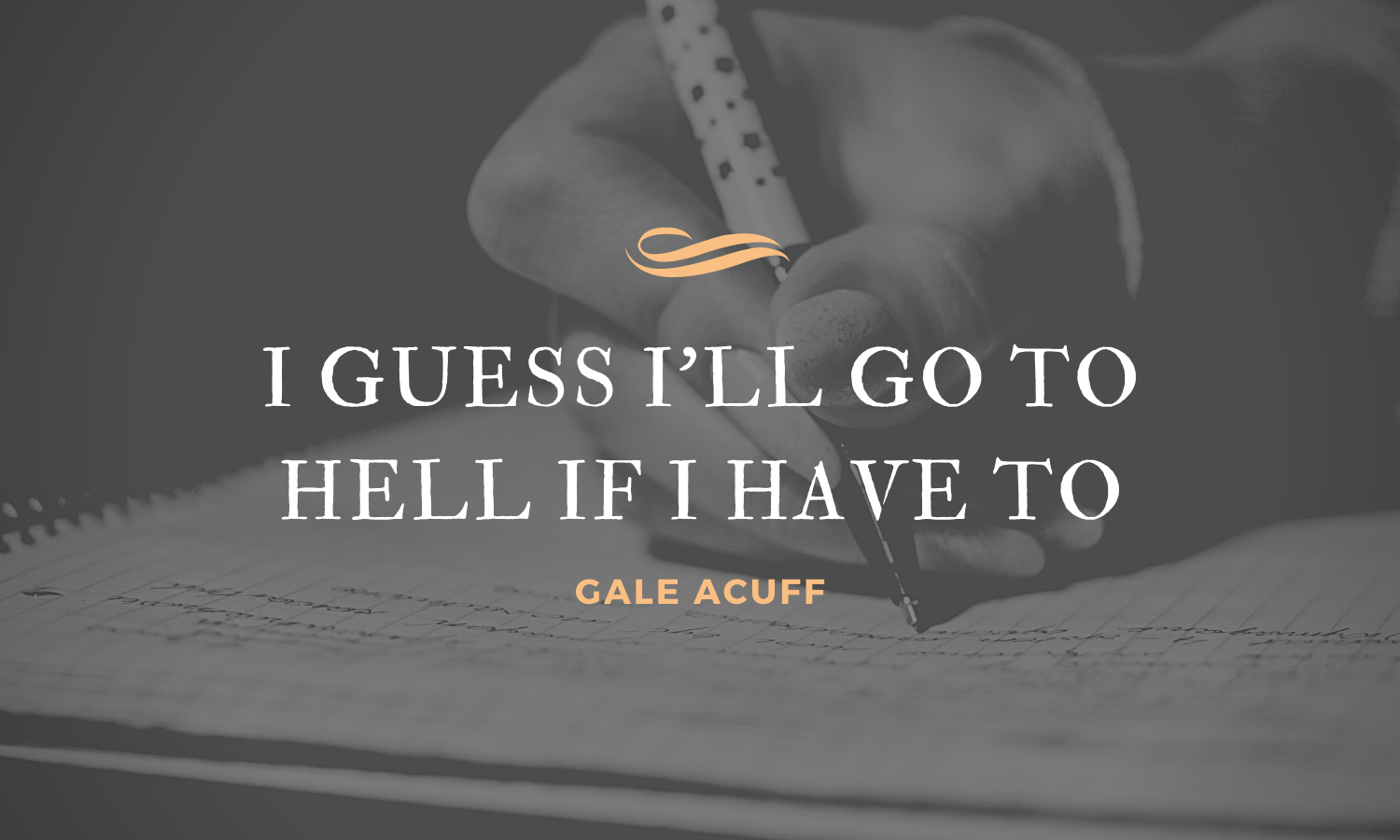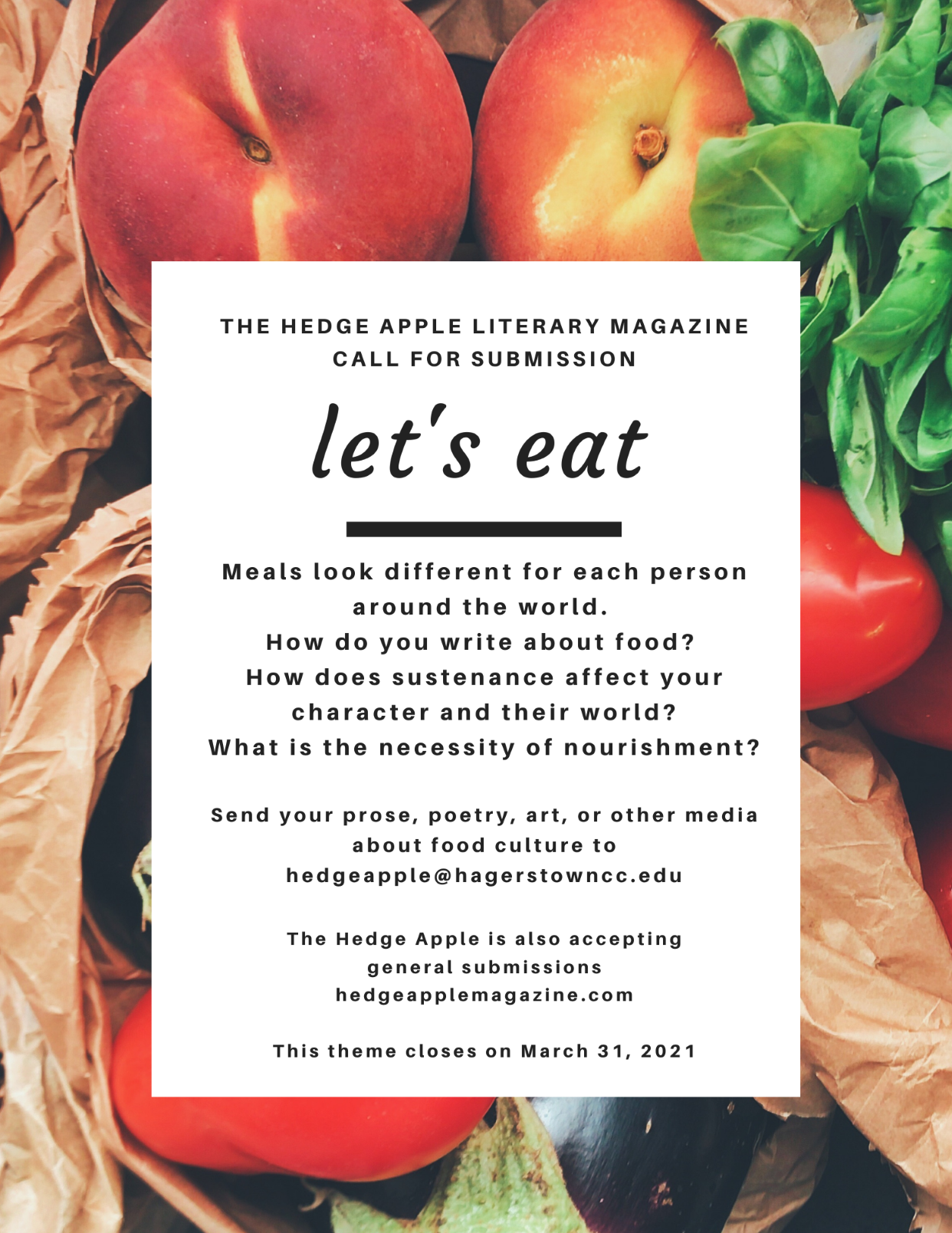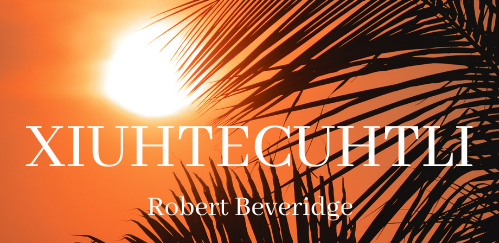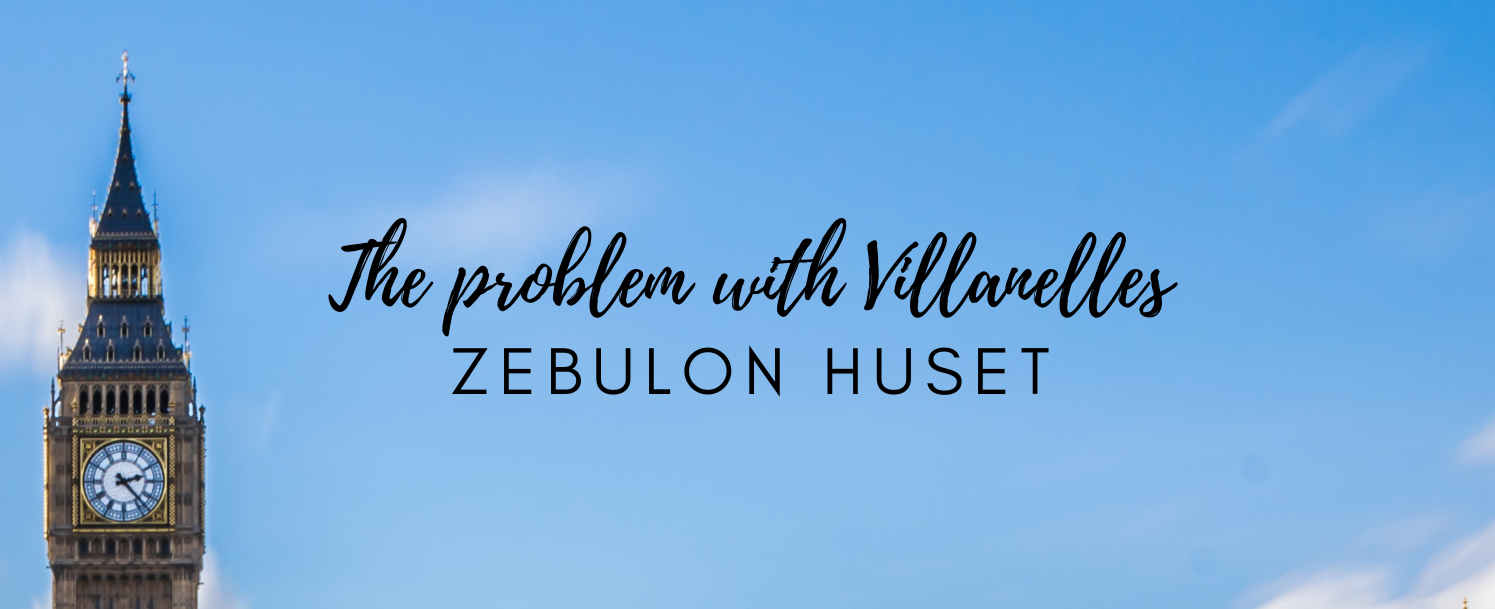Paying the Rent Christine Heuner
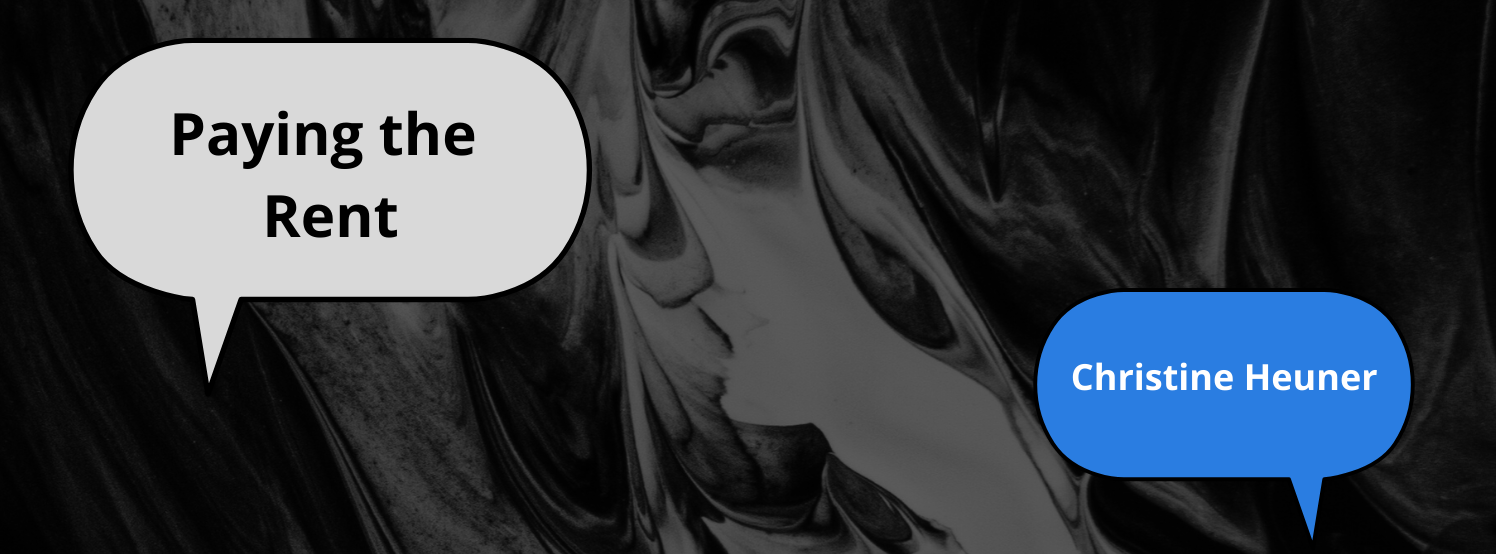
The first guy I meet on the app calls himself Stuart. He picks me up at the apartment I share with two other girls, one of them Ellie who told me about the app.
“Guys over forty buy you anything,” she said, showing me her new Coach bag, pink with gold accents. Five hundred dollars. If I got a bag like that, I’d return it, but Ellie holds it close like a pet.
Stuart drives a black Mercedes as sleek as his slicked-back hair. He wears a lavender collared shirt tucked into belted tan slacks. Loafers. Corporate casual.
In the spotless car, he asks, “So, Pammy, what do you do?”
I go by Pam, but Ellie said Pammy sounds more innocent. Cute.
At first I think he’s asking about sex. How far will I go?
I must look confused because he adds, “For work. What do you do for work?”
“I work at a law firm on asbestos cases. Mostly filing and depo indexes.”
“Asbestos cases? I thought that was a mid-nineties thing.”
I shrug. “It pays the rent.”
Actually, I’m proud of my job. I’m twenty-two; it’s my first big-girl job. Everyone, even Steve, a partner with a corner office overlooking Biscayne Bay from floor thirty-one at Biscayne Tower, greets me each morning: “Hello, Pamela,” he says, his voice professorial, exacting.
At The Outback, Stuart orders a Bloomin’ Onion, a surprise given it’s greasy and he seems too fit to truck with junk food. He eats slowly, wiping his fingers on the napkin, not licking them like Roger, my ex would do. I follow Stuart’s lead. I don’t double-dip.
Just as I think of Roger, who did not mind my double-dipping, I get a text from him: How are you? Missing you.
Though we’ve been apart for months, he checks up on me at least once a week. I imagine he can see me here with Stuart. He’d ask what the fuck I’m doing.
I put my phone back in my purse.
While we wait for dinner (I order filet mignon), I lean my elbows on the table and clasp my hands.
Stuart touches my hand, unwraps it with his fingers and clasps it, leans forward as if he’s going to kiss my knuckles.
“Pammy,” he says as if he’s trying to soothe me. “You have beautiful hands.”
My scalp prickles, and I suddenly feel hot beneath my armpits, as if he’s told me I have great tits and ass.
He holds my hand until the food arrives. I eat like I mean business (I skipped lunch); he’s impressed.
In his car, he puts his hand on my leg, leans toward me. We kiss. His tongue slides in my mouth. I can smell his woodsy aftershave or body spray. I put my hand on his smooth cheek, so much softer than Roger’s stubble, and let him move his hand under my skirt. I should have worn jeans, but Ellie insisted upon the skirt.
You could say I knew what would happen to me here. Ellie told me at the kitchen table, where we sat across from each other, that you have to put out for these men.
“It’s part of the deal,” she said. “But it’s not so bad. Last night, I had lobster.”
It’s important to add: We barely make rent each month. Meat is a luxury. We box-dye our hair, give each other manicures, eat peanut butter from the jar.
Stuart’s hand goes into my underwear. His fingers are warm. I flinch.
“You okay?” he asks. “Too fast?”
I shake my head, knowing I owe him for the meal, for this escape from the fear I might be homeless someday, like those people crouched like fixtures along the buildings in downtown Miami. I see them during lunch when I take a walk and eat my peanut-butter-and-jelly sandwich. I avoid the staff cafeteria so no one will see me eat.
Stuart moves my hand on his crotch.
“Let’s go somewhere,” I say, surprising myself. “Not here.”
We wind up at a Sheraton downtown, only blocks from where I work.
The room is on the third floor. For some reason, he wants to take the stairs. He holds my hand as if I’m a child who will trip and fall.
In the room that smells as sterile as a hospital, he unbuckles his belt, comes toward me, calling me “girl,” and I realize I think of myself this way: young, as innocent as Ellie told me to be.
“I’m not a whore,” I tell him as he pulls down my skirt.
His brow wrinkles. “Of course you’re not,” he says. “You’re special.”
I should think of Roger, who was always gentle with me—so gentle—for those two years in college. Instead, I think of my mother, who still begs me to move back home (Ohio), where we have a cleaning lady every other week and get take-out three times a week. My second-floor bedroom overlooks our pool with a slide and a deep end.
I won’t tell her that I can’t bear to face my friends, the college grads. I dropped out after two years. Dad expected all A’s and B’s, and I was tired of proving myself.
I feel like I’m proving myself here to this man who could be my father. I’m not a whore, but a lady. Not a child, yet my skin crawls with shame as it did when I stole my mother’s tennis bracelet.
We’re in bed when my phone dings. No doubt it’s Roger, checking on me, missing me, or my mother, urging me back home.
Author Bio- Christine Heuner has been teaching high school English in New Jersey for over two decades. Her work has appeared in Narrative, Flash Fiction Magazine, Philadelphia Stories, and others. It is available to read on her website at christineheuner.com.
